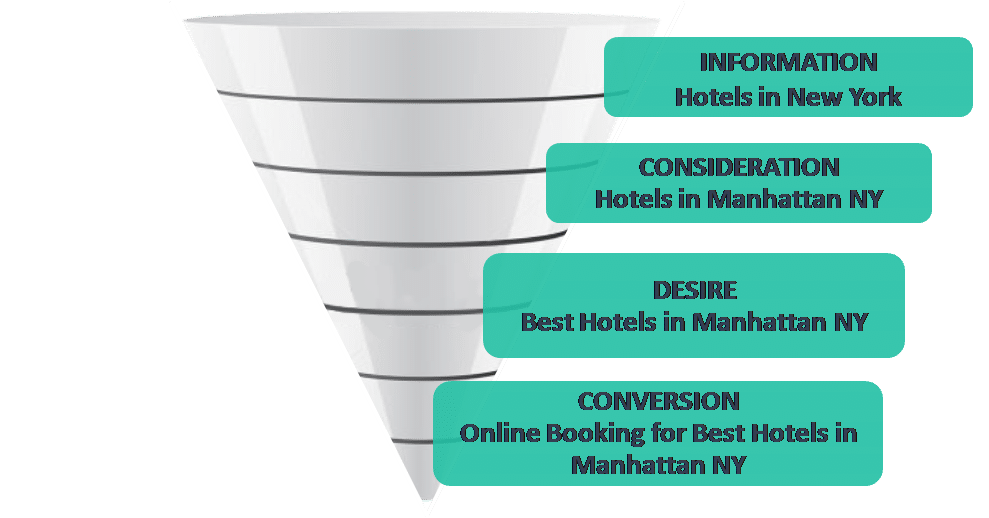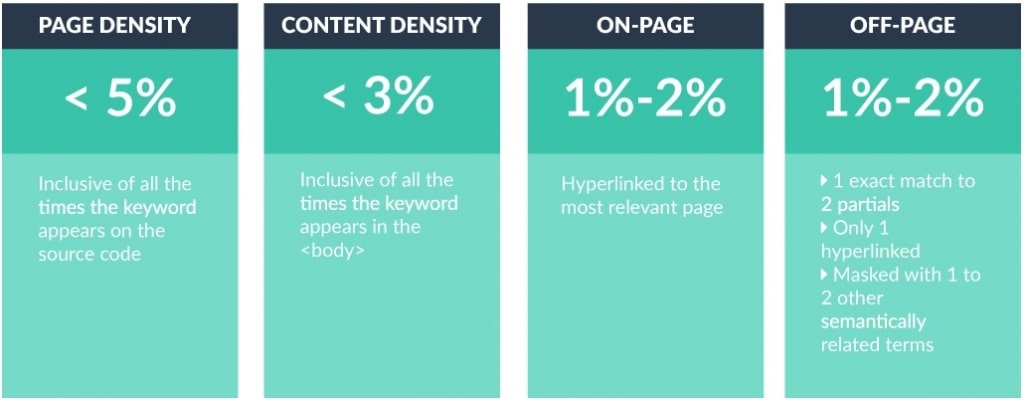Today’s consumers are driven by instant queries. 9 out of 10 users turn to search engines to look for information, and most of them use their smartphones when they search online. When they make a query, users type in search phrases that are related to what they’re looking for. So, how do you make sure that users are typing the right terms related to your client’s business? How do you make a client rank for the terms in these queries? The answer: keyword research.
Keywords are the foundation of your campaigns. If you know which keywords to use, you will drive the right audience and get the desired results for your client. This is where effective keyword research comes in, and this is the meat of our latest Partner Bootcamp Webinar.
In this Webinar, I discussed how to do effective keyword research that will drive more business and value to your clients.
Understanding Your Keywords

- Drive traffic to your client’s site
- Eventually convert traffic into customers
- Follow the different stages of the customer journey in the sales funnel
User Intent Classification of Keywords
Part of keyword research is aligning the right search terms to the intent of users. After all, you wouldn’t want to mislead your client’s audience. User intent is classified into the following:
- Navigational – These are company, domain, or brand queries. Example: Disney. Disneyland.com
- Informational – These are curiosity, question-oriented queries, solution-seeking queries. Example: Disneyland locations, Disneyland vacation trips
- Commercial – These are informational queries with future business implications. Example: popular Disneyland vacations, tickets to Disneyland
- Transactional – Queries focused on making a purchase or transacting with a business. Example: book tickets to Disneyland Orlando, Disneyland family vacation reservation
User intent also aligns with the different stages of the customer journey in the sales funnel. The longer the keyword tail, the closer it is to the conversion portion of the sales funnel—as with the case of transactional keywords. The more general the keyword, the more informational it tends to be.
The value of traffic is inversely proportional to the number of queries for keywords under each user intent classification. For instance, navigational keywords usually have the highest number of queries, but the value of the traffic for these terms is low. Transactional keywords tend to have a low search volume, but very high keyword value. So, if you’re doing SEO for hotels, you need to be thorough with your keyword research to match the intent of target customers with the right terms.
Apart from intent, keywords should also correspond to moments—or micro-moments, as Google says. These are: “I-want-to-know”, “I-want-to-go”, “I-want-to-do”, and “I-want-to-buy” moments.
Determining the Ideal Keywords
Keyword selection involves a great deal of thought. Think of it this way: if you chose the wrong keywords, you’ll be putting all of your SEO efforts to waste. Not only are you ranking search terms that are not relevant to your client, you’re also costing them business.
For successful keyword selection, you need to apply these factors:
- Keyword Purpose to Landing Page Match – Is the keyword appropriate for the page you are targeting? The keywords you allow your clients to have depends on what kind of pages they have or are willing to have inside their website.
- Existing Semantic Relevance – Keyword should have a contextual relationship with the website. Use the Google Keyword Planner Tool to get ideas for your keyword list.
- Existing Ranking Equity – If a keyword is good enough to be on the first page of the search results, don’t deny your client that keyword. Keywords with existing ranking equity are easier to rank; you just have to outdo the competition.
- Supportive Content – Your keyword, topic, and client should have a semantic, contextual, and syntactic relationship.
Keyword Density and Grouping
At SEOReseller, we have specific guidelines to our methodology when it comes to keyword density and grouping. We advise partners to have:
When you’re grouping keywords, make sure they are syntactically and semantically related to one another. You can’t include the terms “digital marketing service” and “digital marketing agency” into one keyword group for the sole reason that they have different contexts.
Challenges in Keyword Selection
Keyword selection is one of the areas in SEO that you are likely to encounter objections from clients. How do you overcome these? Here are some of the common challenges that we encountered along the way:
Challenge 1: Saying no to a keyword
There are times clients will be persistent with including keywords that are beyond your capability. Sometimes, you’ll encounter clients who would give you keyword research with thousands of search terms.
Solution: Make them understand that it’s better to gun for multiple little grails than to go for the holy grail. In short, tell them how it would benefit them to get rankings today than wait for months just to get that top spot in the search results.
Challenge 2: Watering down a vanity keyword
Some clients want to rank for a specific term even if they are already on the top spots for over a hundred keywords. This is what we call a vanity goal.
Solution: It’s all about setting the right expectations. Tell your clients what you can and cannot win. You can rank them for long-tail variations of a keyword, and set your eyes on the vanity terms later on. Sometimes, if the goal is out of reach, it’s wiser to say no.
Challenge 3: Targeting for a term but the equity is on the homepage
There are cases when a client wants to rank for a specific term, but the equity of that keyword is on the homepage.
Solution: Make the inner page relevant. Remember, the keyword should have supportive content and should match the purpose of the page. You can use long-tail variations on the homepage and exact matches on the inner pages to steal the equity from the homepage.
Effective keyword research helps you set attainable goals and drives your SEO campaigns towards the right direction. If you want to learn more about how to win at keyword research, watch our webinar recording or sign up to our dashboard to download our training guide at the Resource Center.



